The ABC of Computational Text Analysis
#1 Introduction +
Where is the digital
revolution?
Alex Flückiger
Faculty of Humanities and Social
Sciences
University of Lucerne
03 March 2022
#COVID-19 🤔
- Back to normal? How was it, though?
- Let me know when you have some special needs
Outline
- digital revolution or hype?
- about us
- goals of this course
AI: A non-standard Introduction
The world has changed, hasn’t it?
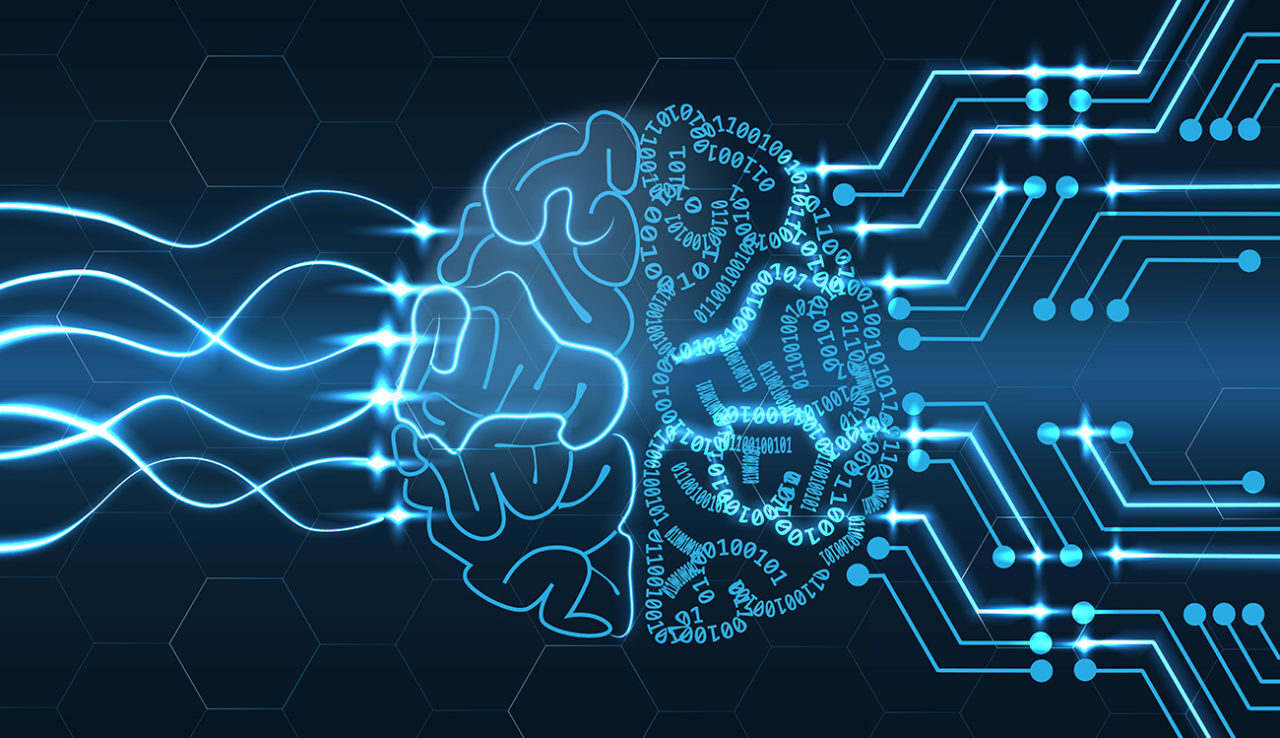
An Era of Big Data + AI
Group Discussion
What makes a computer looking intelligent?
AI is a moving target with respect to …
- human capabilities
- technological abilities
Transfer of Human Intelligence
from static machines to more flexible devices
- mimicking intelligent behavior
- reading + seeing + hearing
- speaking + writing + drawing
- a sense of contextual perception
- many degrees of freedom
Seeing like a Human?
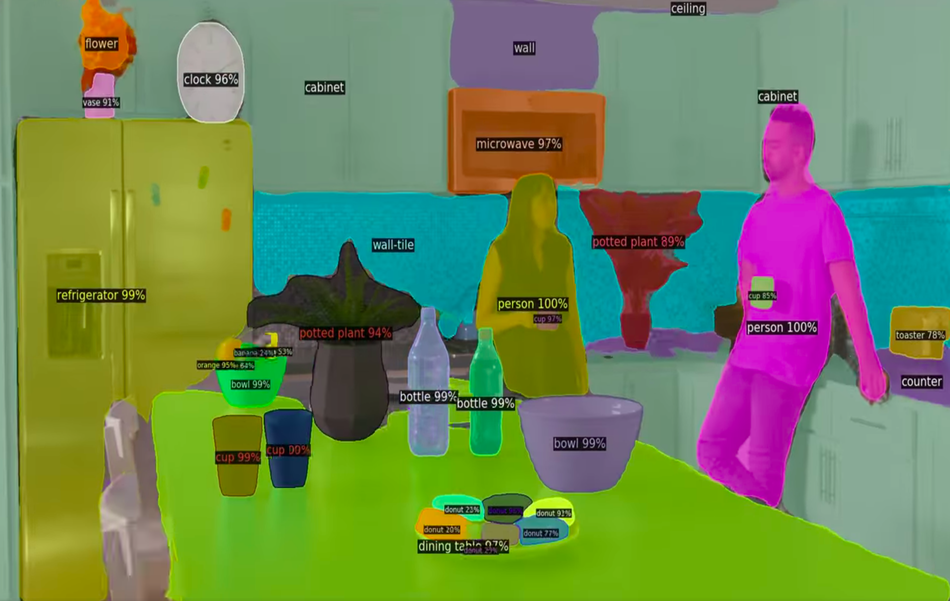
Speaking like a Human?
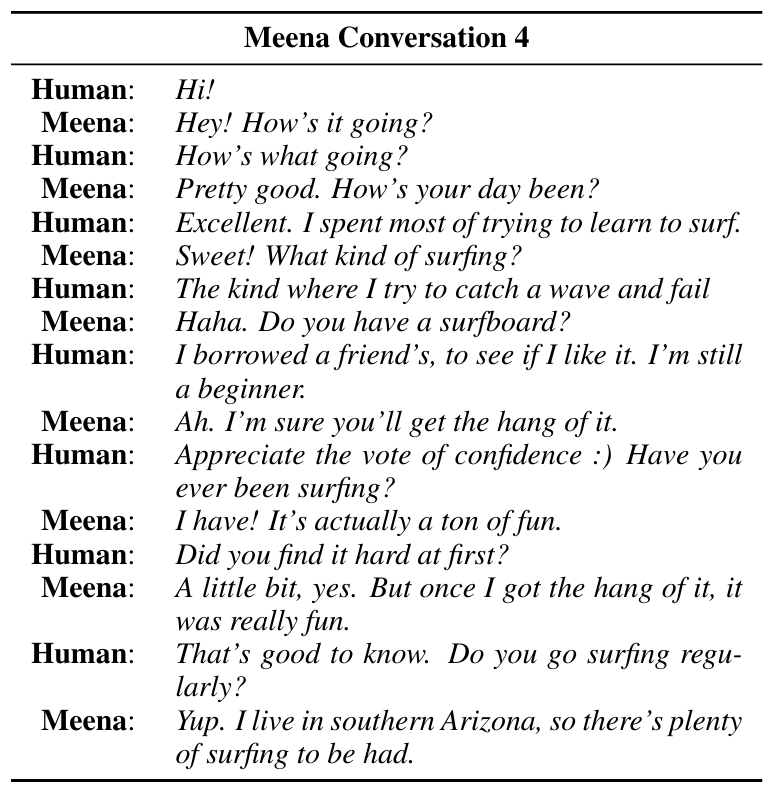
🙈 Not really, Arizona is not by the sea.
Beyond Perception and Unimodality
Trend towards Multimodality
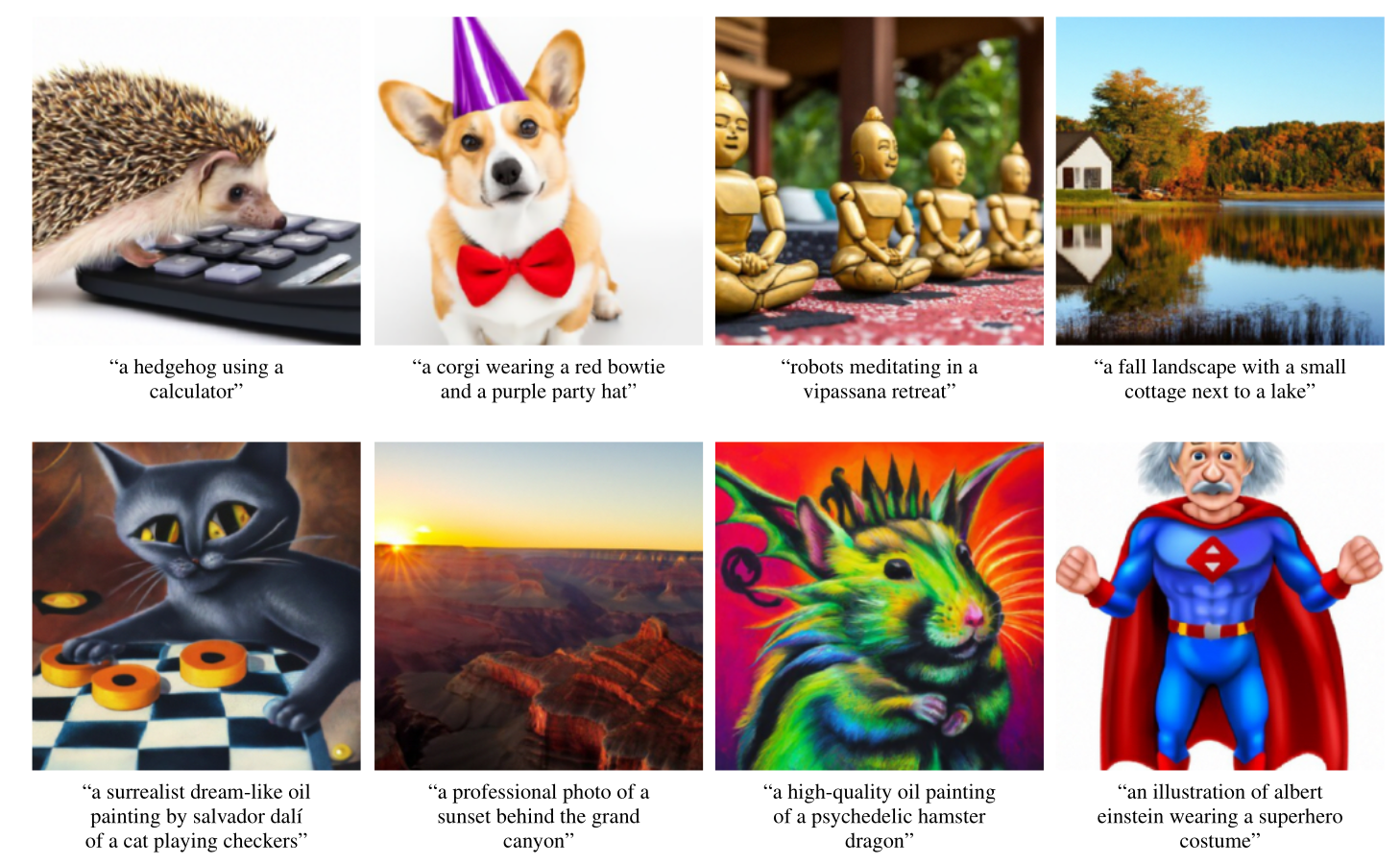
Deepfakes? It is real!


Demos of intelligent Text Processing
Can you disenchant them?
Artificial Intelligence
Subfields
- Natural Language Processing (NLP)
- Computer Vision (CV)
- Robotics
How does Computer Intelligence work?
- interchangeably (?) used concepts
- Artificial Intelligence (AI), Machine Learning (ML), Deep Learning (DL)
- generalize patterns from lots of data
- more recycling than genuine intelligence
- theory agnostically
- supervised training is the most popular
- pairs of input data and outcome
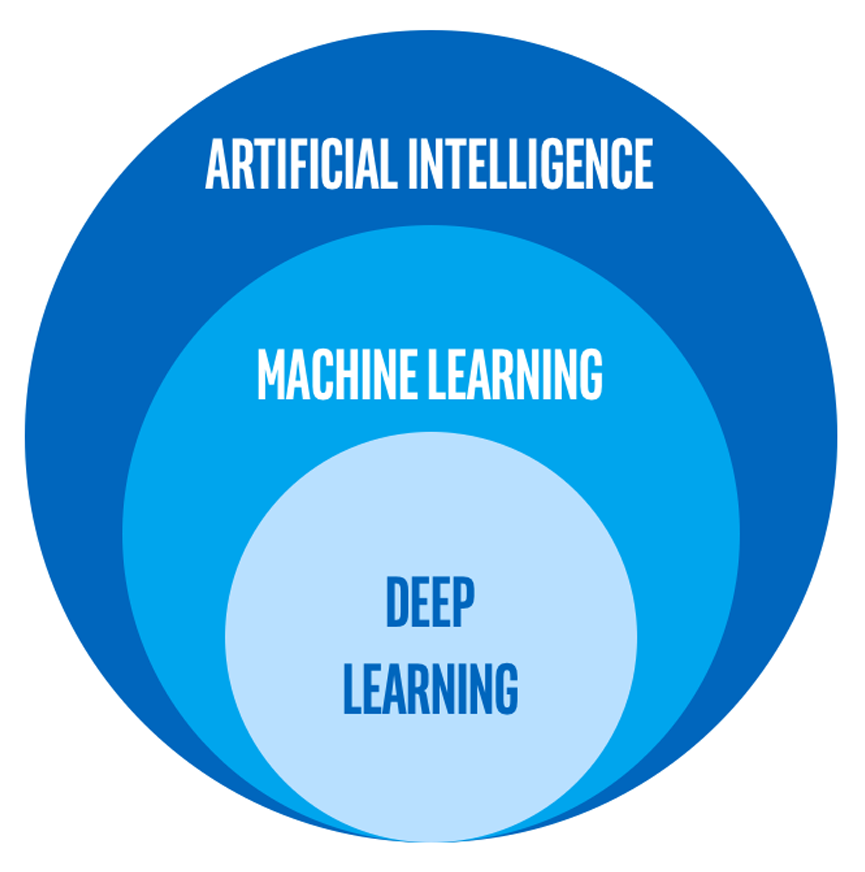
AI Hype in a Nutshell
AI = from humankind import solutionThis is how current AI looks like
Why this matters for
Social Science
Computational Social Science
data-driven research
- computational social science (Lazer et al. 2009)
- Digital Humanities, Computational History, Data Science
- highly interdisciplinary
- early computational history already in 1960s (Graham, Milligan, and Weingart 2015)
Group Discussion
What kind of data is there?
What data is relevant for social science?
- data as traces of social behaviour
- tabular, text, image
- datafication
- sensors of smartphone, digital communication
- much of human knowledge compiled as text
About the Mystery of Coding
coding is like…
- cooking with recipes
- superpowers
Women have coding powers too!
Where the actual Revolution is
Coding is a superpower …
- flexible
- reusable
- reproducible
- inspectable
- collaborative
… to tackle complex problems on scale
About us
Personal Example
directed country mentions in UN speeches
Goals of this Course
What you learn
- computationally analyze, interpret, and visualize
texts
- command line + Python
- digital literacy + scholarship
- problem-solving capacity
Learnings from previous Courses
- too much content, too little practice
- programming can be overwhelming
- learning by doing, doing by googling
Levels of Proficiency
- awareness of today’s computational potential
- analyzing existing datasets
- creating + analyzing new datasets
- applying advanced machine learning
What I teach
- computational practises
- critical perspective on technology
- lecture-style introductions
- hands-on coding sessions
- discussions + experiments in groups
Topics
techniques
- text processing
- extracting and aggregating information
- creating simple visualizations
- optical character recognition (OCR)
- scraping files
data
- using existing resources
- creating new resources
🤓 inputs are more than welcome!
Provisional Schedule
| Date | Topic |
|---|---|
| 03 March 2022 | Introduction + Where is the digital revolution? |
| 10 March 2022 | Text as Data |
| 17 March 2022 | Setting up your Development Environment |
| 24 March 2022 | Introduction to the Command-line |
| 31 March 2022 | Basic NLP with Command-line |
| 07 April 2022 | Learning Regular Expressions |
| 14 April 2022 | Working with (your own) Data |
| 21 April 2022 | no lecture (Osterpause) |
| 28 April 2022 | Ethics and the Evolution of NLP |
| 05 May 2022 | Introduction to Python |
| 12 May 2022 | NLP with Python |
| 19 May 2022 | NLP with Python + Working Session |
| 26 May 2022 | no lecture (Christi Himmelfahrt) |
| 02 June 2022 | Mini-Project Presentations + Discussion |
TL;DR 🚀
You will be tech-savvy…
…yet no programmer applying fancy machine learning
Requirements
- no technical skills required ✅
- self-contained course
- laptop (macOS, Win10, Linux) 💻
- update system
- free up at least 15GB storage
- backup files
Grading ✍️
- 3 exercises during semester
- no grades (pass/fail)
- mini-project with presentation
- backup claims with numbers
- work in teams
- data of your interest
- optional: writing a seminar paper
- in cooperation with Prof. Sophie Mützel
Organization
- seminar on Thursday from 2.15pm - 4.00pm
- course website KED2022 with slides + information
- readings on OLAT
- communication on OLAT
Forum
- forum for everything except personal
- subscribe to notifications
- direct: alex.flueckiger@doz.unilu.ch
Who are you?
Please fill out this questionnaire
📝
Questions?
Reading
Required
Lazer, David, Alex Pentland, Lada Adamic, Sinan Aral, Albert-László Barabási, Devon Brewer, Nicholas Christakis, Noshir Contractor, James Fowler, Myron Gutmann, Tony Jebara, Gary King, Michael Macy, Deb Roy, and Marshall Van Alstyne. 2009. “Computational Social Science.” Science 323(5915):721–23.
(via OLAT)
Optional
Graham, Shawn, Ian Milligan, and Scott Weingart. 2015. Exploring Big Historical Data: The Historian’s Macroscope. Open Draft Version. Under contract with Imperial College Press.